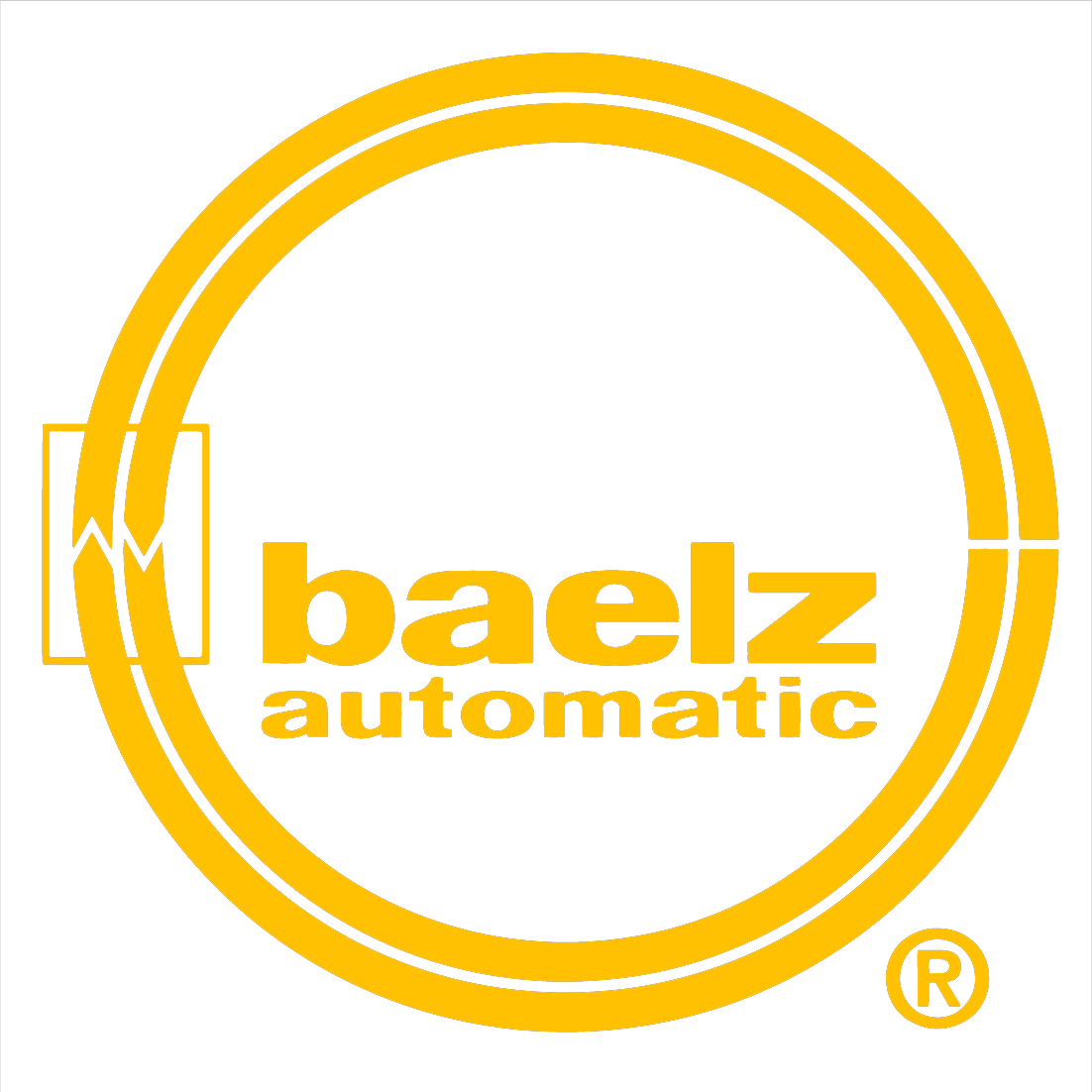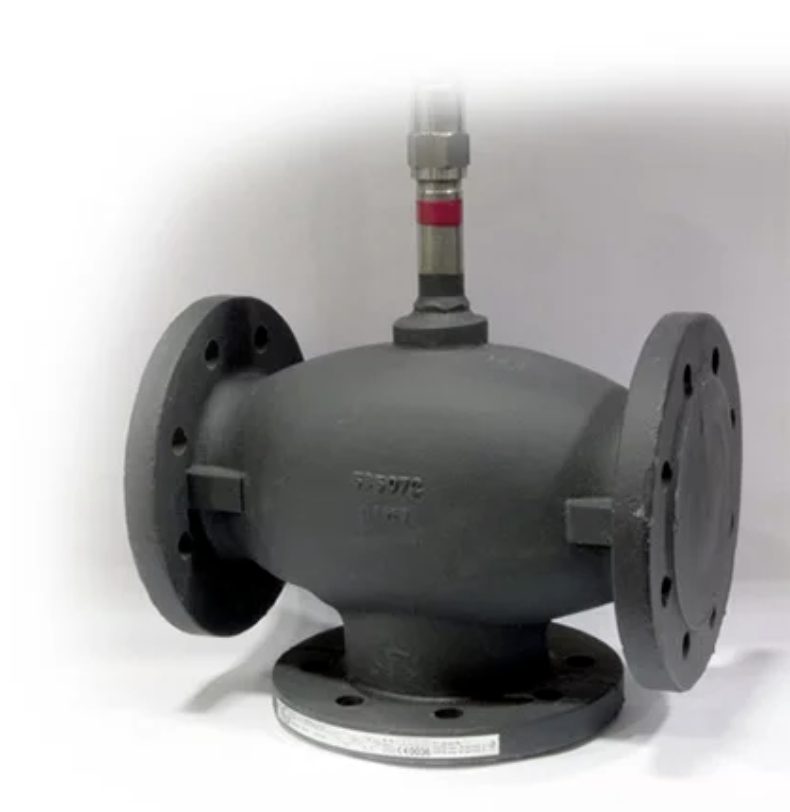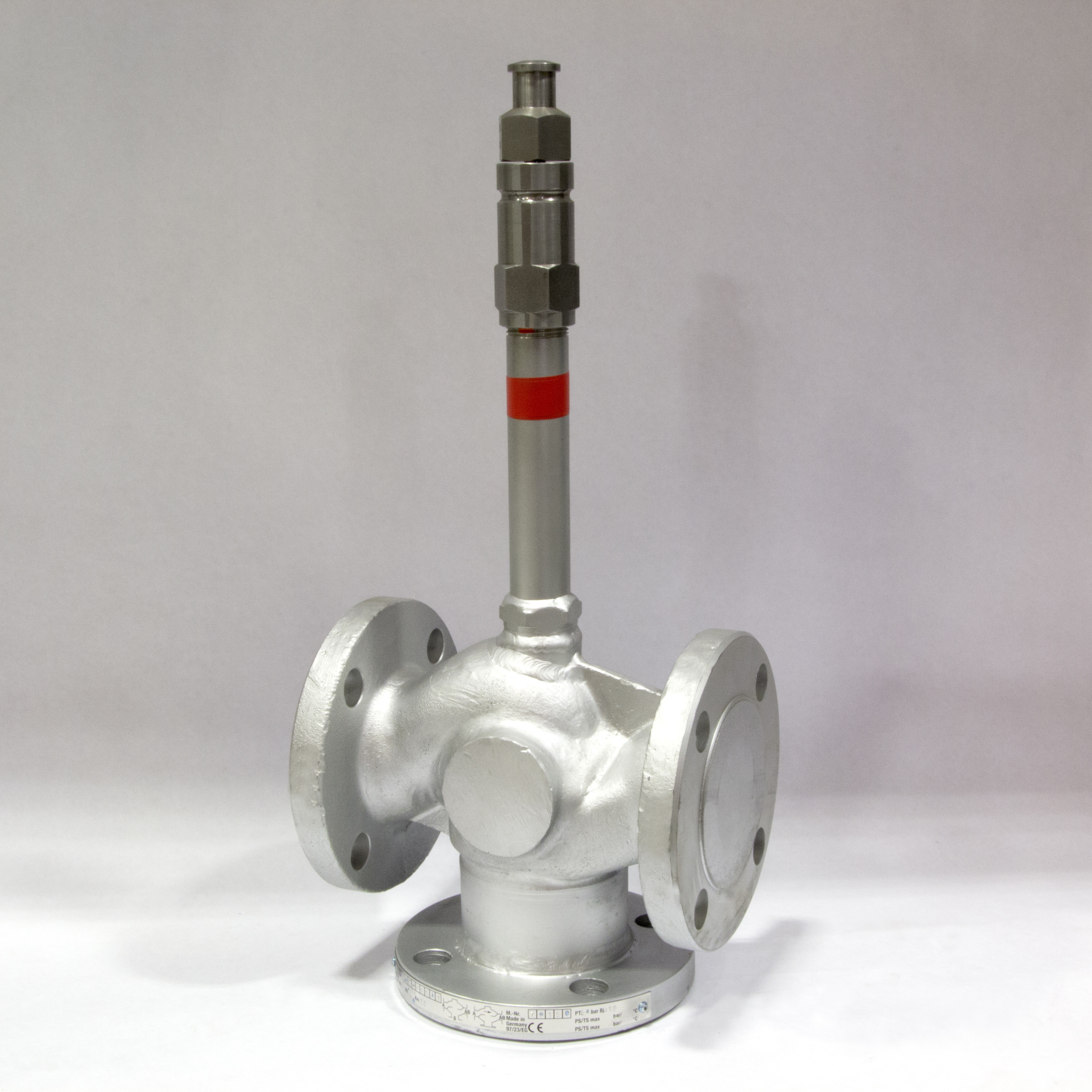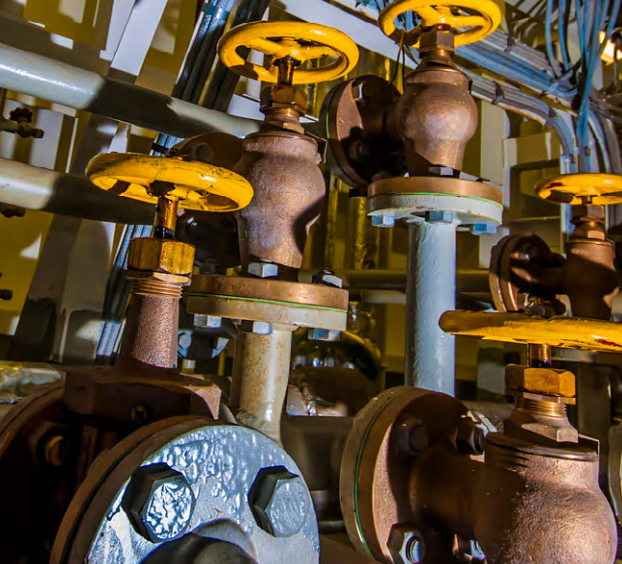To ensure optimal system performance, safety, and reliability, it’s critical to ensure the right size valve is used. Proper valve sizing allows for reduced costs, less downtime, and fewer labor needs — keeping operations running smoothly and efficiently.
Three-way control valves are designed to give operators more flexible control over the flow and pressure of a fluid in a pipeline. Each 3-way valve features an actuator that an operator—or an automated system—can move to send the valve plug up or down and, through that mechanism, open and close the different valve ports.
Mixing and diverting valves are used to provide reliable flow and pressure control in systems by mixing or diverting fluids or gasses. Also known as 3-way control valves, they are ideal for use with hot or cold water, oil, or steam applications. They are installed in many types of industrial equipment and machinery, including engines, compressors, steam desuperheaters, and lubrication oil cooling systems.
What Is Process Heating and Cooling?
Many industries rely on process heating and cooling, both of which serve different purposes.
In fluid handling and processing systems, control valves play a critical role—i.e., regulating the flow and pressure of fluids to within an acceptable range for maximum operational efficiency and operator safety. As such, they must be regularly subjected to inspection and maintenance operations to ensure they remain in proper working order. Failure to maintain them can lead to lower processing efficiency and, in extreme cases, component or system failure.
Valves play a crucial role in almost all industrial processes. These devices regulate, redirect, or control the flow of liquids or gases by opening, closing, or partially blocking flow passages. There are numerous types of valves, each differing in various ways, including operating principle, configuration, power source, and application.
To ensure optimal system performance, safety, and reliability, it’s critical to ensure the right size valve is used. Proper valve sizing allows for reduced costs, less downtime, and fewer labor needs — keeping operations running smoothly and efficiently.
Below are some key points to keep in mind when sizing control valves.
Valve Chatter
As systems expand and become more complex, the cause behind maintenance issues can vary – particularly with valves. During the course of valve management and maintenance, it’s likely that every technician will hear the familiar sounds of valve chatter.
Chattering is more than an auditory nuisance. Left unaddressed, chatter can and will lead to damaged valve components, reduced valve lifespan, costly downtime, and potential system-wide failure.
Download the guide: Avoid valve chatter due to improper valve orientation


.jpeg)


.jpg)